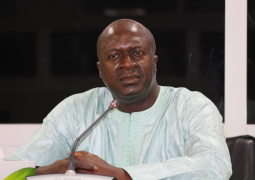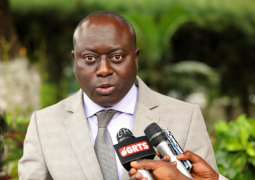
Furthermore, the WMA calls upon the Government of Gambia to comply with its international human rights obligations, in particular, the Maputo Protocol on the Rights of Women in Africa, the Convention on the Elimination of All Forms of Discrimination against Women (CEDAW), the Convention on the Rights of the Child and the African Charter on the Rights and Welfare of the Child, all of which Gambia ratified.
“Female genital mutilation is a violation of human rights and poses significant health risks to women and girls. It is imperative that the ban remains intact to protect the well-being and dignity of individuals in Gambia,” said Dr. Lujain AlQodmani, President of the World Medical Association.
“The WMA stands firmly against any attempt to lift the ban on this harmful practice,” continued Dr. AlQodmani, “and urges the Gambian authorities to uphold international human rights obligations, which Gambia has previously ratified.”
The WMA condemns genital mutilation as a gross violation of the human rights of girls and women and strongly opposes the involvement of physicians in this practice. The World Medical Association, which is the global federation of National Medical Associations representing millions of physicians worldwide, stresses the permanent damage to health caused by this cruel practice, including haemorrhages, infections, shock and severe chronic pain, urologic and obstetric complications and even death during or after mutilation.
Last March, Gambian MPs voted in favour of the bill, which was then sent to a parliamentary committee for review before a final vote scheduled for the next session, from 24 June to 24 July.
Following the WMA Council resolution adopted at its April 2024 session in Seoul, Dr. Al-Qodmani, President of the World Medical Association, sent an open letter to the Gambian authorities calling for the immediate withdrawal of the bill and the strengthening of legislation to eliminate FGM.





